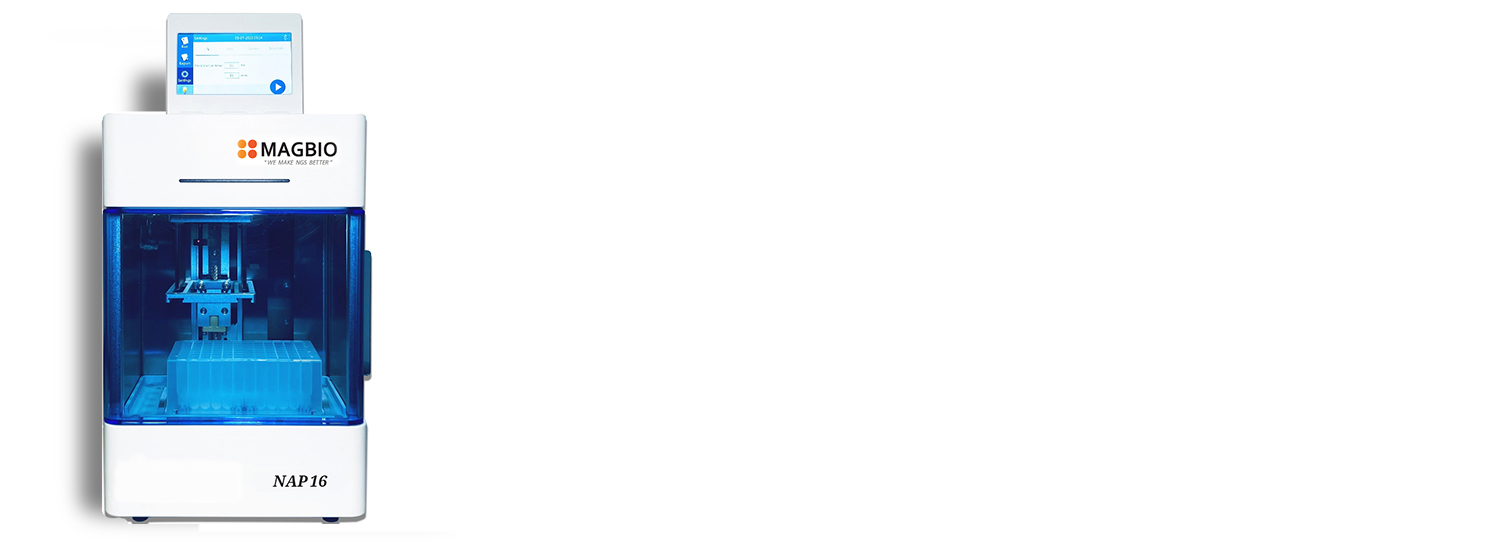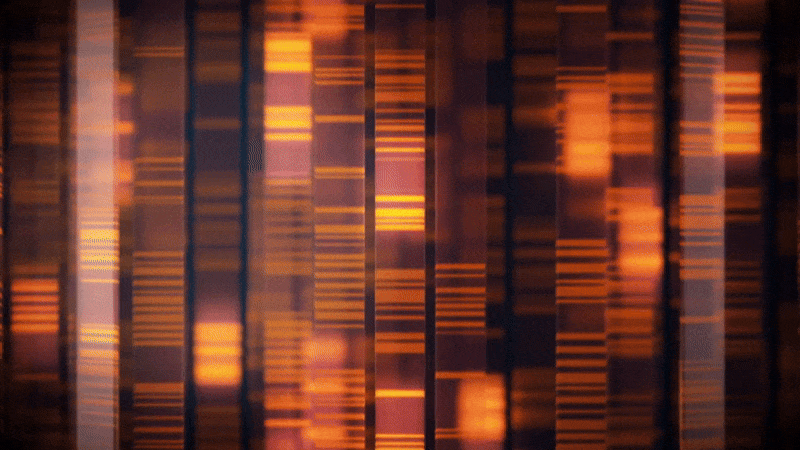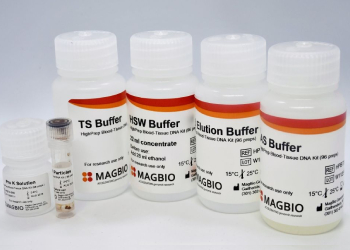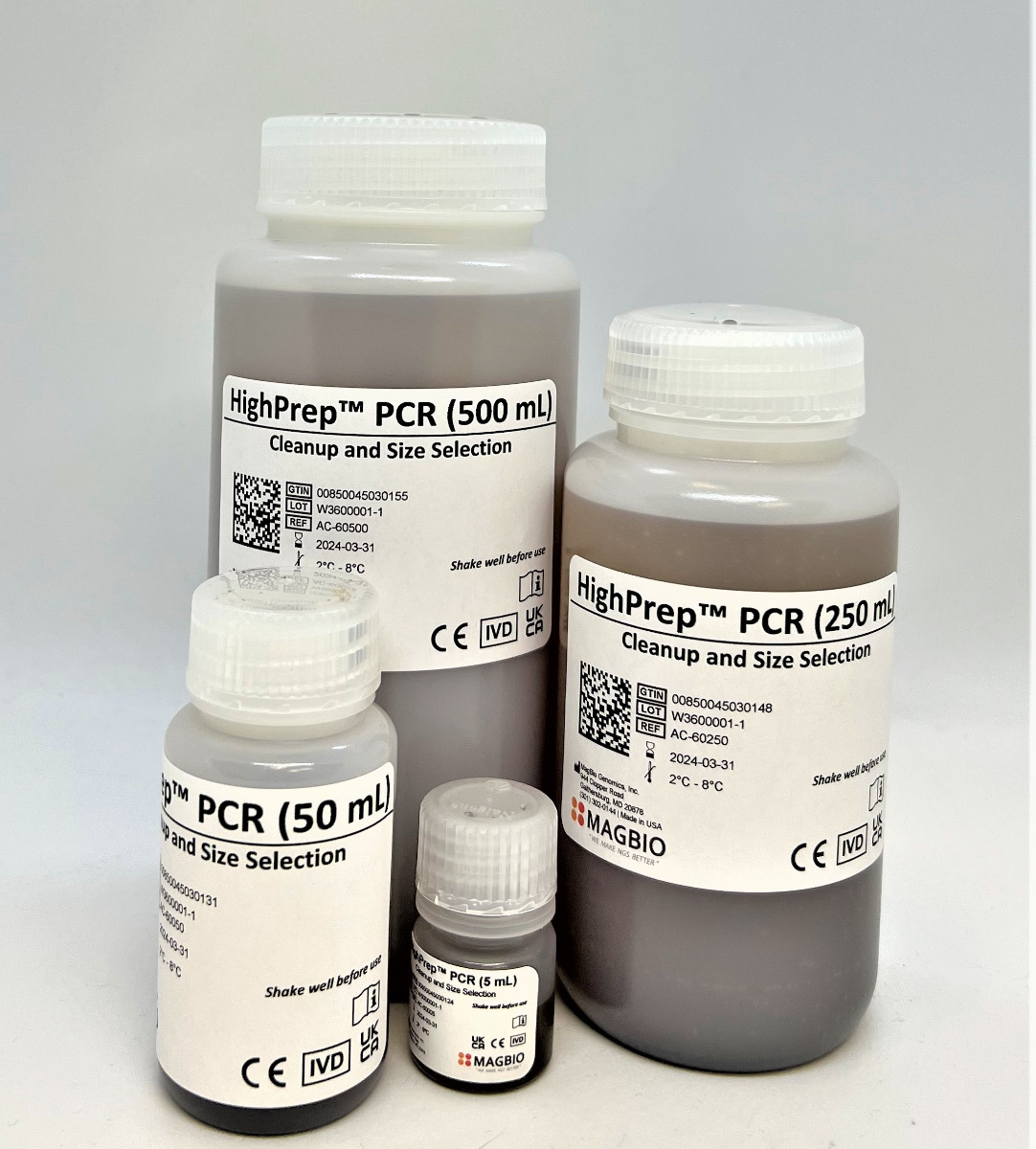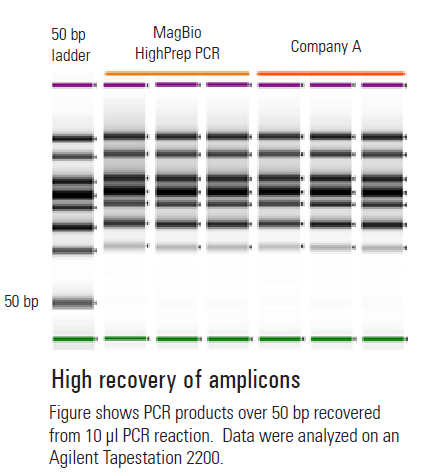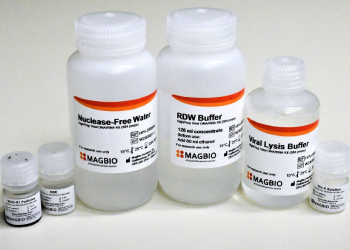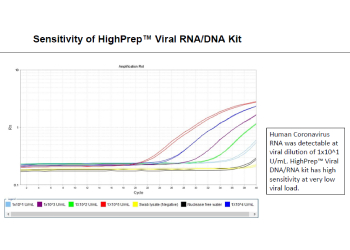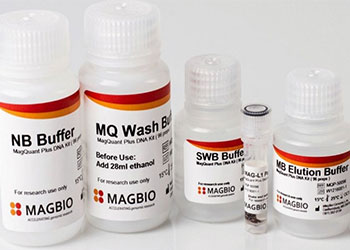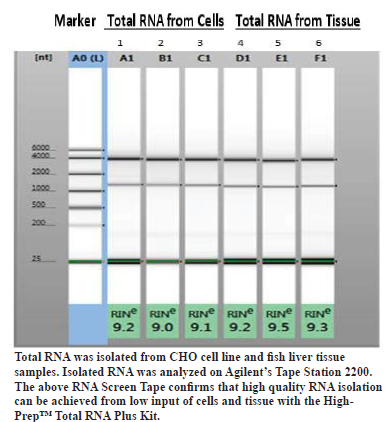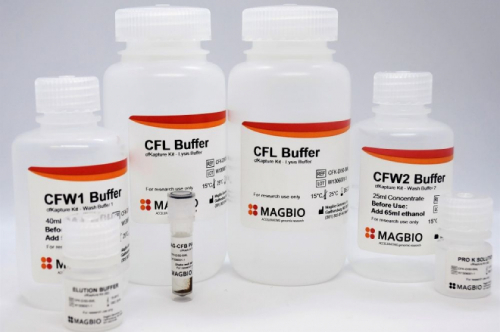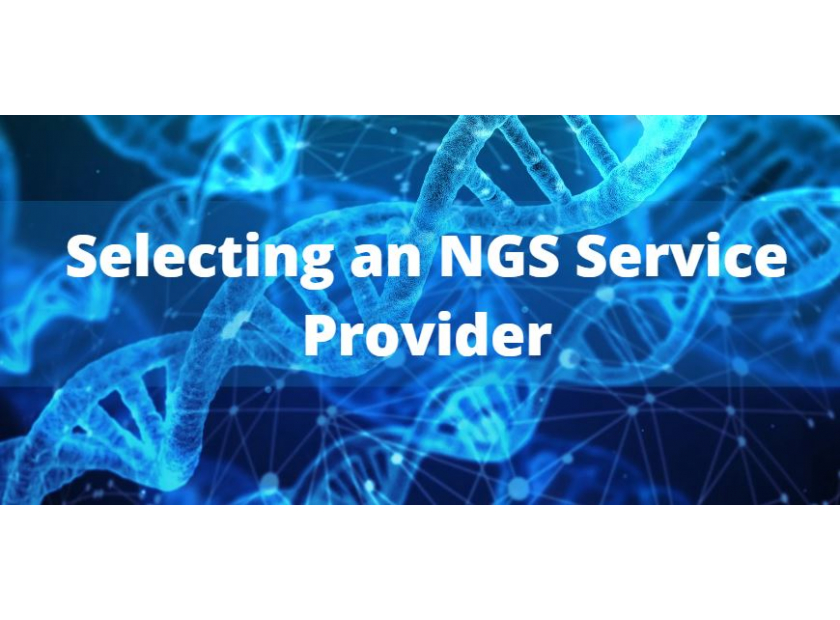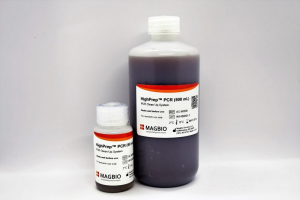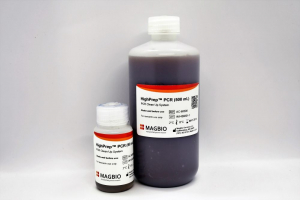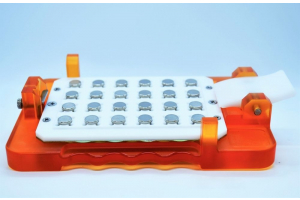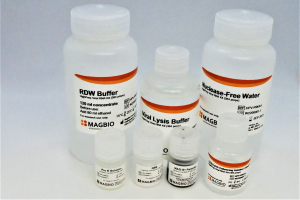Selecting an NGS Service Provider
Next-Generation Sequencing (NGS) is an extremely valuable method in scientific research that allows the sequencing of a whole genome on a large scale. From cancer research or variants of SARS-CoV-2 RNA, NGS has a wide variety of applications.
However, how do you select from the several “next-generation sequencing service providers” that come up in Google search? How do you determine which provider is best suited for your sample or size, or other factors involved in NGS? Here is a checklist to help you select the right NGS service provider for your project.
Knowledge
Understanding the capabilities of the NGS service provider is extremely important to consider. You need an NGS service provider who can work with your samples, depending upon whether you need small RNA sequencing, metagenomic sequencing, or any other type of NGS.
Consider the number of samples you have, access to required equipment and platforms, and the ability to meet your deadlines, while choosing an NGS service provider. Check whether the provider offers NGS consultations. Thorough knowledge and experience are vital when it comes to NGS and the choice of provider.
Customer Service
While selecting an NGS service provider, don’t forget to check the level of customer service offered and the person you’d be working with. For example, the NGS scientist can make suitable recommendations for your project.
Sample Preparation and Quality Control
The quality and reliability of the sequenced data are only as good as the quality of the sample. So, while selecting your NGS service provider, consider the quality of sample preparation or look for a provider who can offer complete workflow solutions from sample collection to advanced analyses. Also, check what kind of quality control the NGS provider has in place.
DNA/RNA Extraction
If you do not have the time or resources to perform DNA/RNA extractions at your lab, select a service provider who offers nucleic acid extraction as part of their NGS workflow.
Library Preparation
Check which quality measures your NGS service provider will perform on your samples. If DNA/RNA extraction has already been done, the NGS provider shouldbe able to determine if the samples are suitable for library preparation. If you are working with low concentration samples, ask the NGS service provider to share the quality assessment results of your samples before sequencing.
Analysis
Depending on the research, you may want to select and NGS provider who offers bioinformatics analysis too.Ask what figures and graphs they will show in the bioinformatics service report. You could ask them for a sample report to check what information and analysis you will receive.


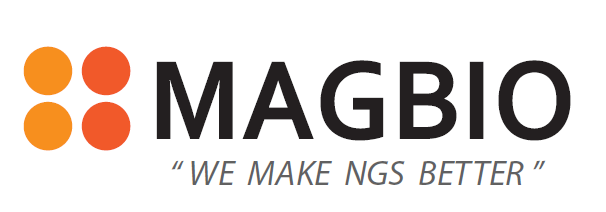
 (301) 302-0144
(301) 302-0144 info@magbiogenomics.com
info@magbiogenomics.com
